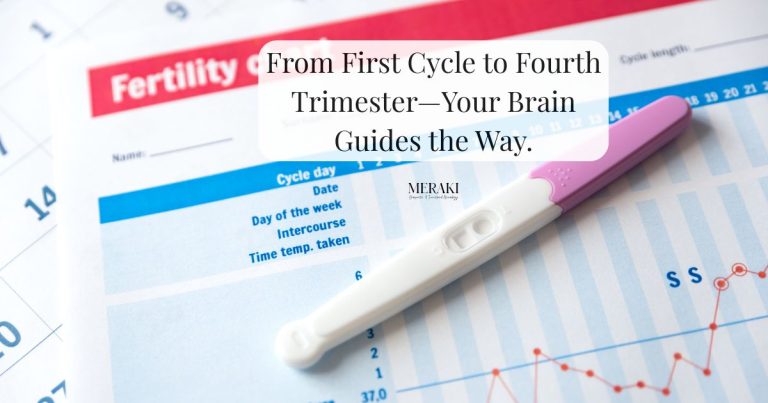How Pregnancy Changes the Brain: A Peek Inside the Mom Mind
Pregnancy is often described as a transformative journey, but what’s less talked about is how much it actually transforms the brain. Yep, those “pregnancy brain” moments of forgetfulness aren’t just an old wives’ tale—there are real, structural changes happening in your head during and after those nine months.
Here’s a breakdown of what’s going on, why it happens, and how long it might last:
Gray Matter Shrinkage: Less Can Be More
One of the most fascinating discoveries in recent years is that pregnancy literally shrinks gray matter in the brain. Gray matter is the part of your brain responsible for processing information, controlling movement, and regulating emotions. But don’t panic—this shrinkage isn’t a bad thing.
The areas affected are primarily involved in social cognition, like understanding other people’s emotions and intentions. Scientists believe this is nature’s way of helping new moms bond with their babies and become more attuned to their needs. It’s a pruning process—your brain is shedding the “extras” to make room for more efficient connections.
This shrinkage can last for up to two years postpartum, and studies show it’s most pronounced in moms who feel strongly bonded to their baby. So, while it might seem like you’re losing brainpower, what’s really happening is that your brain is becoming hyper-focused on motherhood.
Default Mode Network: A Mental Makeover
The default mode network (DMN) is a group of brain regions that activates when you’re at rest and not focused on the outside world—like when you’re daydreaming or reflecting. During pregnancy, the DMN undergoes a complete reshaping.
Why? Because becoming a mom means your mental “default mode” is rewired to prioritize your baby. Your brain is subtly shifting gears to prepare for things like multitasking, managing stress, and responding to your baby’s needs. These changes may explain why moms often report feeling more emotionally sensitive and alert during and after pregnancy.
Researchers are still studying how long this reshaping lasts, but the general consensus is that these changes can persist well into the postpartum years—possibly for life!
The Pituitary Gland: Hormonal Headquarters
The pituitary gland, often called the “master gland,” plays a starring role in pregnancy. It ramps up hormone production to support the growth of your baby and prepare your body for labor, delivery, and breastfeeding.
During pregnancy, the pituitary gland actually grows in size—sometimes by up to two times its normal size—to handle the hormonal demands. This is also why pregnant women are more prone to headaches; the growing pituitary can put pressure on surrounding tissues.
Postpartum, the pituitary gradually shrinks back down, but some effects can linger, especially if you’re breastfeeding. Hormones like oxytocin (the “love hormone”) remain elevated, reinforcing that deep connection between you and your baby.
What It All Means
Pregnancy doesn’t just change your body—it rewires your brain in profound ways. These shifts are part of your body’s way of preparing you for the incredible task of motherhood. While some changes, like gray matter shrinkage, may revert over time, others, like the reshaped DMN and hormone-driven shifts, can last much longer, even becoming permanent.
So, the next time you feel like your brain isn’t quite the same, remember: it’s not “pregnancy brain” in a bad way—it’s a smarter, more specialized brain, designed to help you nurture and connect with your baby. Nature really knows what it’s doing, doesn’t it?
Dr. Dani Ruf, Brain-Focused Chiropractor, Meraki Chiropractic PLLC, 18DEC2024







